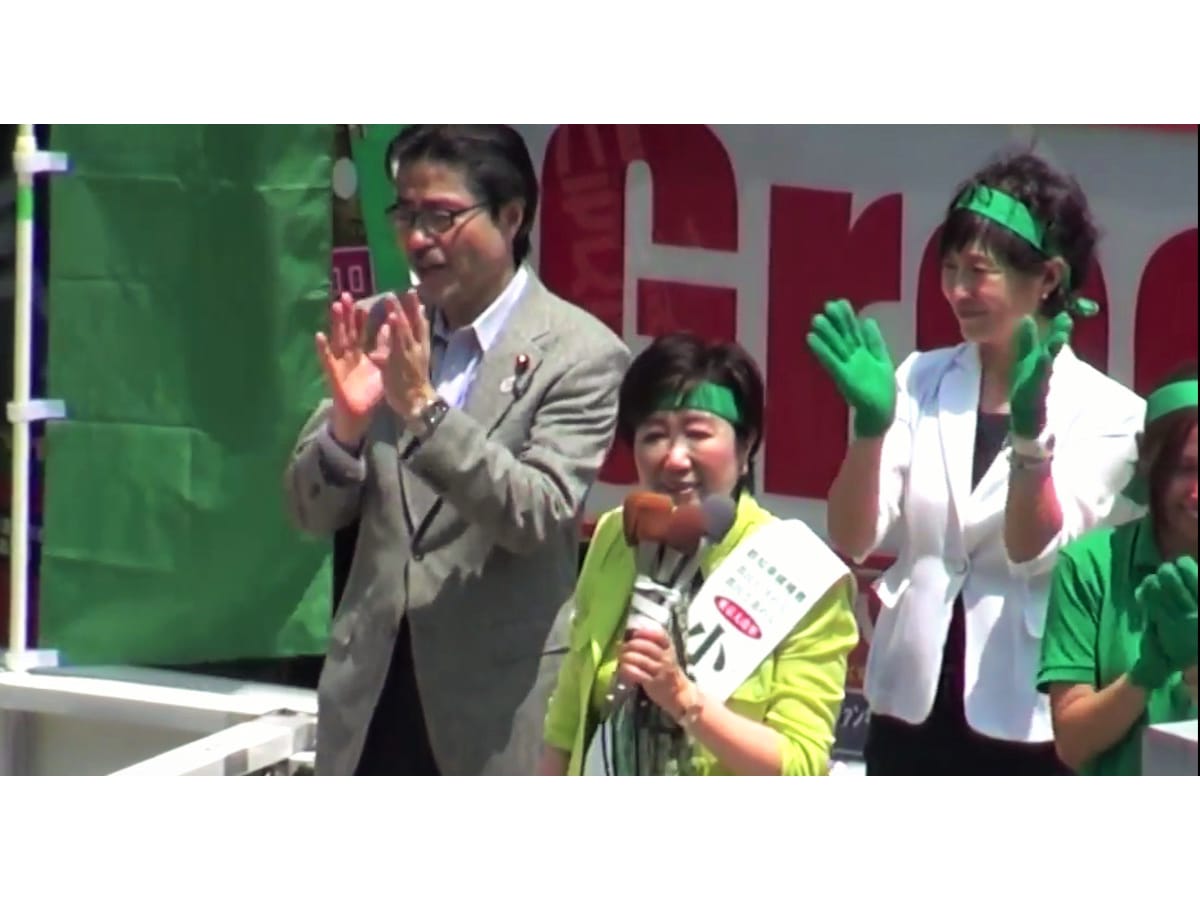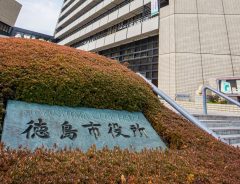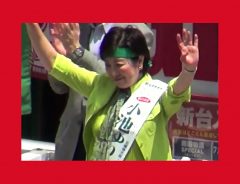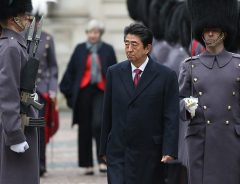
Source: ニュース 2016 NEWs / CC BY SA 3.0 | (Governor Yuriko Koike on the campaign trail in 2016)
Coronavirus and Olympics top of agenda as election for Tokyo governor kicks off
- Tags:
- Japanese politics / Kenji Utsunomiya / Mayor / Taro Yamamoto / Tokyo governor / Yuriko Koike
Related Article
-

Sawako Naito is now the youngest woman ever elected mayor in Japan
-

Former Justice Minister arrested amid vote-buying scandal in Hiroshima
-

Tokyo mayor Koike getting superchatted during coronavirus press briefing goes viral on Twitter
-

Watch slapstick YouTuber Hikakin keep a straight face interviewing Tokyo governor Koike
-

With the Departure of Shinzo Abe, Yoshihide Suga takes the reigns
-

Video game of Tokyo Governor Koike lets you stop public gatherings, combat coronavirus


Prepare yourself for several weeks of being deafened by hoary platitudes broadcast from slow-moving people carriers: campaigning for the Tokyo gubernatorial election has officially kicked off. The campaign period will run for 17 days, from Thursday, June 18th until the election on July 5th.
This year, incumbent Governor Yuriko Koike faces a record 21 challengers, with the focus still very much on the coronavirus pandemic and the metropolitan government's response to it. In order to avoid drawing large crowds of people, the candidates are expected to largely campaign online.
Koike has been a strong supporter of the plan to hold the Games in 2021 | Governador do Estado de São Paulo / © Flickr.com (CC by SA 2.0)
The other touchstone issue is whether to go ahead with the Tokyo Olympics, which have already been pushed back by 12 months. Koike is a strong supporter of holding the Games in 2021, but Kenji Utsunomiya, who is making his third run for Tokyo governor after placing second in 2012 and 2014, has called for them to be further postponed. He has said the Games “are nothing but festivities for businesses that can just be cancelled... We won't be able to host the games while there is no medicine or vaccine for the virus.”
Utsunomiya wants to focus instead on social welfare and bolstering financial support for small businesses, single mothers, and others who are struggling financially while the economy is stalled by the coronavirus pandemic. He is backed by the main opposition Constitutional Democratic Party of Japan, the Social Democratic Party and the Japanese Communist Party.
The new National Stadium is the centrepiece of the Tokyo Olympics | Arne Müseler / www.arne-mueseler.com / CC BY-SA 3.0 DE
The third runner in the race for governor is Taro Yamamoto, a popular actor who joined the fray as leader of the anti-establishment party Reiwa Shinsengumi. “The Olympics should be cancelled,” said Yamamoto in a debate last week. “There is no guarantee to hold the Games safely in Tokyo, and we don't have a vaccine [for COVID-19] yet.” He too wants to see the budget redirected to help people struggling with the economic fallout from the pandemic.
Utsunomiya and Yamamoto have warned of the risks involved in hosting 11,000 Olympic athletes from around the world, 4400 Paralympians, and thousands more staff, technical officials, broadcasters, and journalists. "Tokyo will turn into a Petri dish by having so many people coming from around the world," said Yamamoto. Add to this the fans, who have bought more than 4 million tickets, and up to 80,000 volunteers, and you have all the makings of a public health disaster.
With the Tokyo Olympics set to open on July 23, 2021, Governor Koike, the International Olympic Committee, and local organizers will hear no talk of cancellation. “While many children and athletes are earnestly looking forward to the Olympics, we must keep the coronavirus under control. The question is if a vaccine will be ready by then. It's a race against time,” Koike said.
Organisers do, however, plan to scale back the Games. They've revealed no specifics so far, but there have been hints that they plan to cut back the opening and closing ceremonies.
Soaring bills are an issue. Koike has declined to give an official estimate of how much the one-year postponement will cost, insisting that it's still too early to say, but it is thought to be in the range of $2 billion to $6 billion.
When Tokyo won the bid to host the Olympics in 2013, city officials estimated the Games would cost $7.3 billion. City Hall now says it's spending $12.6 billion to organize the Olympics, although a government audit last year said the final bill would likely be twice that much.
“We must gain the understanding of the residents of Tokyo and citizens,” Koike said, referring to the spiralling budget, in an interview with Associated Press. Like the IOC, she is hoping the Olympics in 2021 will become a celebration of victory over the coronavirus pandemic. With Tokyo basking in the attention of the world’s media, the public will turn a blind eye to the tax bill.
Other challengers for the governorship include Taisuke Ono, 46, a former vice governor of Kumamoto Prefecture, who is backed by the Japan Innovation Party, and Takashi Tachibana, 52, who heads the single-issue NHK Kara Kokumin Wo Mamoru To (Party to Protect the People from Japan Broadcasting Corp).
The LDP’s Tokyo branch was seeking to field a candidate to run against Koike, mindful of the crushing defeat the party suffered in the 2017 metropolitan assembly election. The LDP was side-lined by Tomin First no Kai (Tokyoites First party), a regional party that Koike set up after defecting from the party of Shinzo Abe. Despite her rivalry with Prime Minister Abe, Koike appears to have won the unofficial backing of the LDP and its junior coalition partner, Komeito, and Abe has effectively agreed not to field an LDP candidate.
With liberal and undecided voters likely to be split between Utsunomiya and Yamamoto, Koike is a strong favourite to be re-elected. Yasushi Aoyama, a professor of political science at Meiji University’s Graduate School of Governance, predicts that Koike will win in excess of 2 million votes, with Utsunomiya coming in second, with up to 1 million votes.
Beyond her media savvy and a degree of technical competence, the secret of Yuriko Koike’s popularity remains unclear. “Koike’s victory is likely, but the goals of her campaign remain unclear, more so now than when she was running for her first term,” says Aoyama. “But it’s advantageous for an incumbent to tout reliability over reformative change, and that’s what I expect from Koike in this election.”